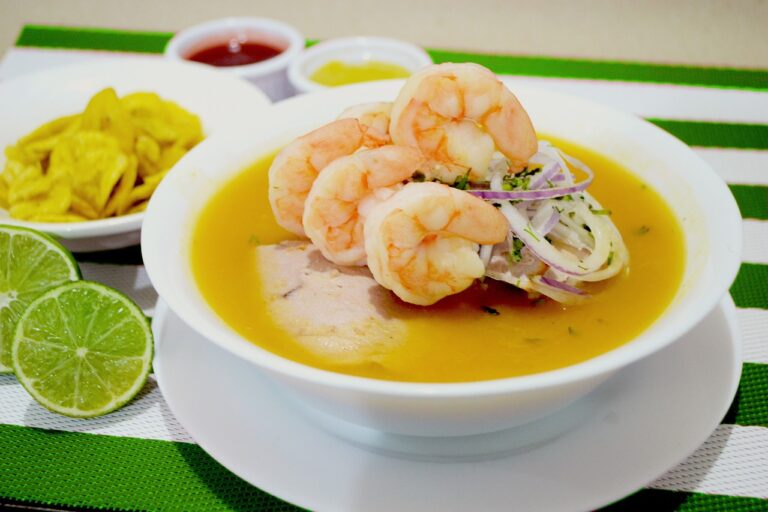Sustainable Food Tourism Destinations: Promoting Conservation and Community Development
Sustainable food tourism destinations prioritize locally sourced ingredients to support the community and reduce carbon footprint. By showcasing traditional dishes and culinary practices, these destinations preserve cultural heritage and promote authenticity in their food offerings. Visitors are encouraged to engage with local farmers, vendors, and chefs to truly immerse themselves in the culinary experience and gain a deeper appreciation for the region’s food traditions. Sustainability is at the core of these destinations, guiding all aspects of food production, preparation, and consumption to ensure a minimal impact on the environment while maximizing benefits for the local economy.
In addition to promoting local ingredients, sustainable food tourism destinations also prioritize ethical and responsible food practices. From farm-to-table experiences to waste reduction initiatives, these destinations strive to minimize food waste and support sustainable food production methods. By emphasizing transparency and accountability in their food supply chain, these destinations empower visitors to make informed choices and contribute to the preservation of the environment and the well-being of local communities. Through their commitment to sustainability, these destinations set a positive example for the wider tourism industry and inspire others to adopt similar practices.
The Impact of Food Tourism on Conservation Efforts
Food tourism plays a significant role in influencing conservation efforts around the world. By promoting local cuisines and culinary traditions, food tourism encourages the preservation of biodiversity and the protection of natural habitats. This heightened awareness of the environment and the need for sustainable practices can lead to increased efforts to preserve ecosystems and wildlife.
Moreover, the economic opportunities generated by food tourism can provide funding for conservation initiatives. Revenue generated from food-related activities can be channeled towards projects aimed at protecting endangered species, reforestation efforts, and the implementation of eco-friendly practices. This financial support can greatly contribute to the conservation of the environment and help ensure the long-term sustainability of natural resources for future generations.
How Sustainable Food Tourism Supports Local Communities
One of the key ways in which sustainable food tourism supports local communities is through economic benefits. By promoting local culinary traditions, businesses, and products, food tourism creates opportunities for local producers and entrepreneurs to thrive. This leads to increased revenue and job opportunities, contributing to the overall economic development of the community.
Furthermore, sustainable food tourism helps to preserve cultural heritage and traditions within local communities. By showcasing authentic local cuisine and food-related practices, tourists are not only exposed to unique culinary experiences but also learn about the history and cultural significance behind the food. This preservation of cultural heritage not only enriches the tourism experience but also instills a sense of pride and identity within the local community.
What are some key characteristics of sustainable food tourism destinations?
Sustainable food tourism destinations prioritize local and seasonal ingredients, support local food producers and businesses, promote cultural heritage and traditions, and minimize food waste and environmental impact.
How does food tourism impact conservation efforts?
Food tourism can support conservation efforts by promoting sustainable farming practices, preserving traditional culinary knowledge, and raising awareness about the importance of biodiversity and environmental conservation.
In what ways does sustainable food tourism support local communities?
Sustainable food tourism supports local communities by creating economic opportunities for small-scale food producers and businesses, preserving local food traditions and cultural heritage, and fostering community pride and resilience.






